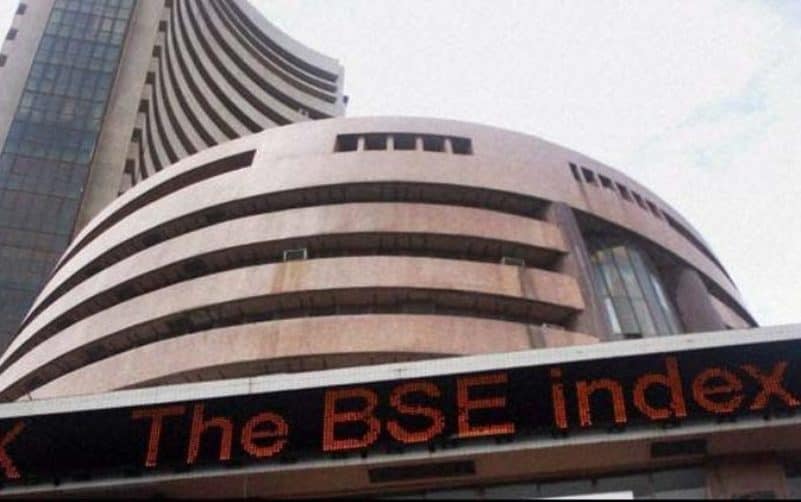Mumbai: Markets made a series of new highs and seem to have run their course for the time being. This does not suggest that they will fall sharply, but the sharp buoyancy is unlikely to continue. There are events coming up which would keep markets expecting and hence there would be plenty of hope going forward.
BSE SENSEX gained 279.48 points or 0.71 per cent to close at 39,714.20 points while NIFTY gained 78.70 points or 0.66 per cent to close at 11,922.80 points. The broader indices saw the BSE100, BSE200 and BSE500 gain 0.73 per cent, 0.77 per cent and 0.82 per cent, respectively. BSEMIDCAP was up 1.01 per cent and BSE SMALLCAP gained 1.14 per cent. The highs of the BSE SENSEX was 40,1 22.34 points while it was 12,039.25 points for NIFTY.
May futures which were of five weeks and included the volatile and uncertain period of election outcome ended on a positive note. The series gained 304.10 points or 2.61 per cent to end at 11,945.90 points. Dow Jones was down sharply and lost 770.65 points or 3.01 per cent at 24,815.04 points. The Dow seems to be caught in the thick of the US-China trade wars and technical analysts seem wary of the pattern emerging in the Dow.
Modi 2.0 cabinet was sworn in and key cabinet members portfolio had some surprises. The administrative head of the BJP, who was widely believed to be given Finance, was given Home Affairs. Similarly, the glass ceiling was broken when the former Defence Minister Nirmala Sitharaman was made the Finance Minister, India’s first lady at the post. Rajnath Singh was allotted Defence Ministry. Piyush Goyal was given his Railway Ministry with the added responsibility of Commerce and Industry. As much as 40 per cent of the outgoing ministry has been dropped and a 58-member strong cabinet sworn in. There is scope for up to an 81-member cabinet permitted.
Economic data during the week saw GST collection cross the trillion mark for the third consecutive month. The target for GST collection has been revised upwards but it still gives comfort. It would be interesting to see what changes the government does bring about to moving to one rate of GST in the budget slated for July 5. While it would not be one change on a single day there would be a gradual merging of rates over time.
GDP for the fourth quarter came in at 5.8 per cent and for the full year 2018-19 at 6.8 per cent. It’s a definite slowdown and would act as a strong reason for RBI to cut rates when it meets on June 5 and 6 for its monetary policy review meeting. With the same government coming back to power with a bigger mandate, inflation and fiscal deficit would certainly not be on the mind of RBI when they meet. While customarily they have changed the policy rates by the customary 25 basis points there is a strong case this time of taking a bigger cut. I believe the same could be 50 basis points this time around.
Maruti reported its poorest sales number in over seven years with sales at 1.34 lakh vehicles, down almost 22 per cent. Other auto companies too saw a slowdown. Maruti believes that sales would grow between 4-8 per cent in 2019-20.
Markets going forward would see the breadth improving with stocks from midcap and small-cap participating in the rally. With the focus of the government spelt out and they hit the ground running, one would see a focus on job creation, reviving the economy and kickstarting the same. With the fiscal deficit on track at 3.45 per cent of GDP or 6.45 trillion, they can easily afford to loosen the purse strings and ‘buy growth’.
Markets would remain volatile but significantly less than what we saw in the last fortnight. Global cues particularly the US are giving one a feeling of being negative for the time being. In India, we have expectations of a bigger rate cut in the coming week which would keep markets on their toes and react to the news as and when it does actually happen. The key for the markets would, however, be the broadening of the market depth. While the upside seems likely to remain reduced, it certainly does not mean the end of the rally. Select fundamentally good stocks as growth in infrastructure would be the key for job creation, kickstarting the economy and the next round of reforms.
[source_without_link]IANS[/source_without_link]

